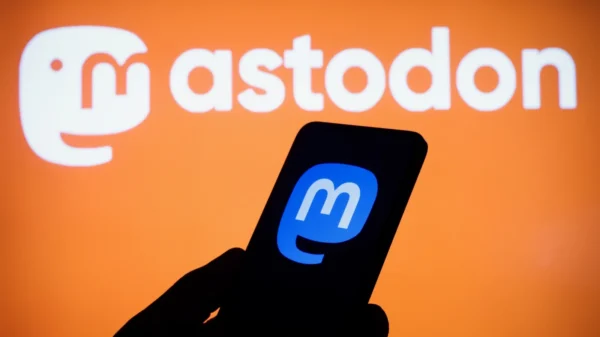India is a possibility for Arduino’s manufacturing. The business, best known for its open-source microcontroller boards, wants to meet the increasing demand from India’s youth population while limiting the growth of fake boards.
CEO Fabio Violante told TechCrunch virtually that the Italian company is now looking into joint ventures with electronic manufacturing service (EMS) providers in South Asia to start local production as early as the first quarter of 2019. Compared to the company’s existing practice of making all its boards in Italy, this represents a significant shift.
India is the largest market, with 3.2 million downloads of the Arduino IDE. Local offices of international Arduino distributors like DigiKey, Mouser Electronics, and Avnet are also nationwide. Still, India currently makes up less than 1% of its clientele. Violante believes that the primary cause of this disparity is phony Arduino boards.
Despite the enormous community and user base for the Arduino IDE, he said, “the peculiar situation we find ourselves in in India is that the amount of original products we sell into the Indian market is very negligible because people cannot afford the original products, especially due to hefty import duties for finished electronic products.” “Therefore, people primarily purchase clones and alternative goods, some of which are made in China.”
The Arduino knockoff cost is less than half that of the original boards. Import taxes are also included in the latter. Arduino could, therefore, offer its boards in India at a lower price point — comparable to those of its Chinese competitors — by beginning local manufacturing.
Violante stated that the issue of clone boards is not unique to India, noting that the business presently sells one original board for every five to six clones available on the market.
He said, “It is challenging because we sell the original hardware and are open source.” “So, a sizable portion of the market is made up of clones and counterfeits.”
By increasing the sophistication of its technology and making it harder to counterfeit, Arduino hopes to solve the global issue of phony boards.
Violante stated, “This is giving us a competitive edge by innovating continuously.” “[The new boards] use more advanced power sections and microcontrollers that are difficult to copy and paste.”
The executive spoke with politicians and government representatives, including Rajeev Chandrasekhar, India’s minister of state for electronics and information technology, while in New Delhi last week for an investor-focused event organized by state-owned agency Invest India.
To compete with China, India has been providing cashback and subsidies to foreign businesses to establish itself as a hub for production. According to official statistics published with the parliament last week, domestic electronics production in the nation surged by almost 111% to $99 billion in the financial year 2022–2023 from $47 billion in 2017–18. Still, much of it stems from expanding regional cell phone production. With India accounting for more than 99% of all domestic mobile phone sales, the nation is currently the world’s second-largest producer of smartphones. The government intends to increase local manufacturing of all components, including displays and semiconductors, in addition to just assembling mobile phones.
According to Violante and TechCrunch, Arduino is considering major global EMS providers and smaller regional firms in India that focus on making development or electrical boards.
The official said that the business would first think about producing the $27 Uno R4 WiFi in the nation, which was introduced to the world earlier this year. With features including a 32-bit Cortex M4 CPU, 32KB of RAM, and 256KB of flash storage, it is designed to be user-friendly. It could eventually begin manufacturing its enterprise-focused Pro-series machines introduced last year.
According to Violante, Arduino is also trying to establish ties with Indian educational institutions to raise student knowledge of the brand and integrate it into the curricula. Furthermore, the institute’s relationships will facilitate communication with businesses that collaborate with them. It intends to extend its collaboration with Tata Consultancy Services (TCS) in India, where it operates in the United States. Furthermore, Arduino’s first launch in the nation, which aims to meet local demand, may eventually shift toward exporting its locally made boards to other nations as, in contrast to many others, it is not dependent on China for production.
















































